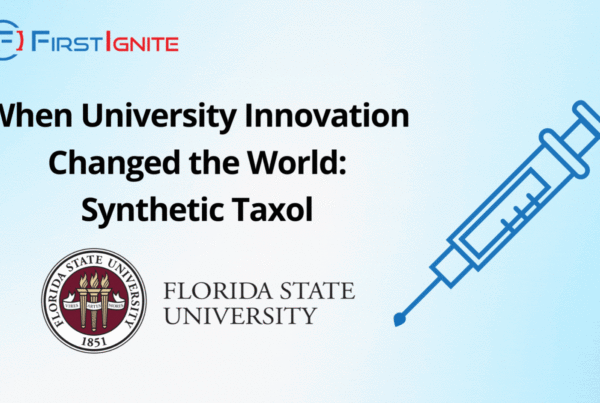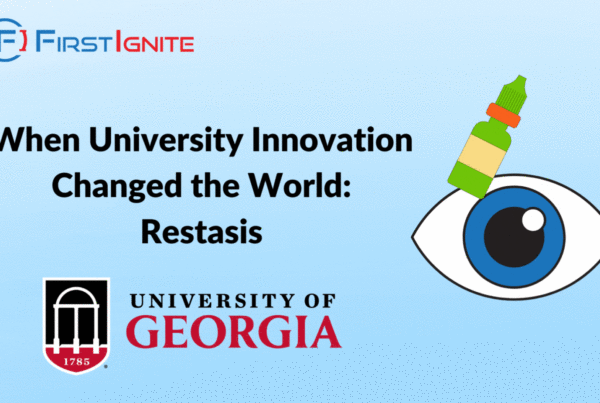
Did you know that a medical researcher at the University of Pittsburgh developed the polio vaccine? Dr. Jonas Salk originated the treatment that has saved millions of lives.
Polio is a viral illness, affecting children primarily, that impacts the nervous system, leading to muscle weakness and paralysis, particularly in the legs. Prior to the development of the polio vaccine, the disease killed many people and left others paralyzed. A total of 57,628 polio cases were reported in the United States in 1952. In the pursuit of an effective solution, Dr. Jonas Salk and his team at the University of Pittsburgh worked to develop a polio vaccine. In 1953, Dr. Salk tested the vaccine on himself and his family before conducting trials. The trials proved successful, and the vaccine was approved for widespread use in 1955, leading to a significant decrease in the incidence of polio.

Dr. Salk’s polio vaccine has had a significant impact on public health, saving an estimated 1.5 million children’s lives. Over the years, other researchers have continued to build on and refine the vaccine. As a result, there have been no cases of wild polio originating in the United States since 1979. With the growing global population, the demand for the polio vaccine has increased. In 2020, the market was valued at $13.95 billion and is projected to reach $20.29 billion by 2027.
Innovation at universities can change the world. By keeping track of the latest advancements, you can uncover new technologies that can give you a significant competitive advantage. FirstIgnite can help your organization identify and partner with the specific universities, laboratories, and experts you need in order to discover the next medical advancement, like the polio vaccine.




